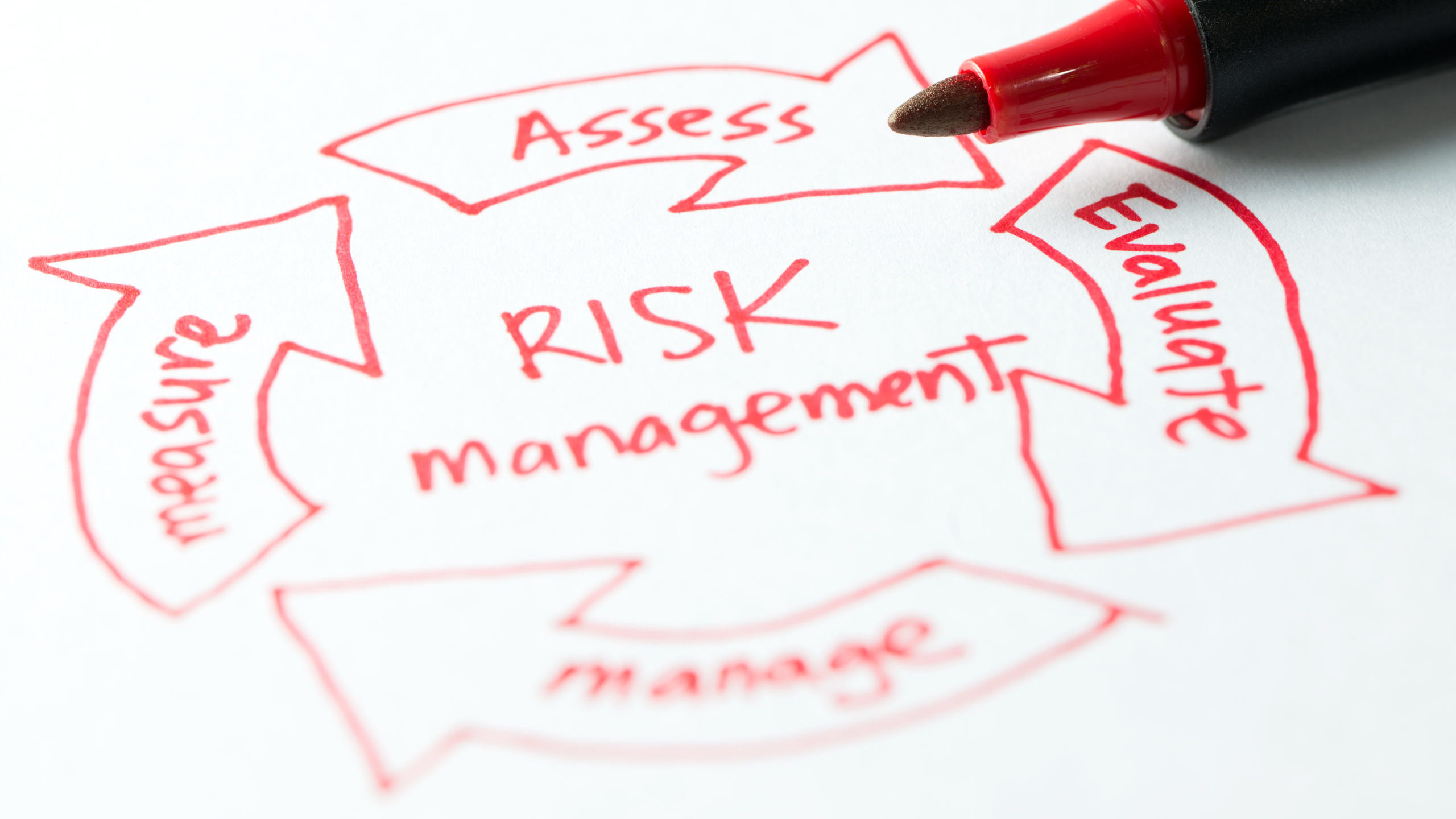One of the things that tends to happen when we work in frontline service organisations – in particular service organisations like fire, ambulance, police and defence, is that often a conservative risk assessment is applied if a member identifies that something they experienced in the course of their work, has affected them negatively.
Say you attended a particularly difficult incident, then found that you were having nightmares or flashbacks, or something noticeably different was happening in your life as a result of attending that incident. What tends to happen is the organisation will automatically stand you down.
They think they’re helping
Traditionally, the organisation’s approach is to support the member to take a bit of rest, get support or take time off. But often what it does is makes these people feel they are being punished for being honest about their experience, and how that experience has affected them because they are then prevented from doing the role that they love.
Not surprisingly, this approach has meant that members don’t disclose these things… They bottle the issues up, inside themselves.
I often talk to organisations about whether there is an opportunity to undertake less conservative risk assessments. If we encouraged an open dialogue about mental health within the organisation, we would be able to let people talk about how something was affecting them. We would also give them the autonomy to decide whether or not the impact that it was having on their personal lives was impacting their role.
This is not something that we have traditionally done. Service organisations always take a conservative approach, that the member might represent a risk to others. This is something that even the psychology profession has done. Assumed that a person is not operating at the top of their game, therefore we stand them down until we think that they are okay.
We do need to make sure that we’ve done that risk assessment, to ensure that they are not a harm for others, but it should not automatically be assumed that they will cause harm. In reality, when you can build a culture where people are open about how experiences have affected them, you create a culture whereby people feel comfortable and safe acknowledging their emotion.
That’s not a bad thing
We know as human beings that when we experience challenges and difficulties, it impacts us. We need to be talking to each other about how these events happen to us and sometimes one experience can remind us of another experience. Just because that might make us feel sad or upset, impact our sleep, or we might be finding that it’s causing us to feel a bit distressed, is not necessarily a reason to stand somebody down.
If we don’t start changing the way we do this risk assessment and stop forcing people to be punished (as they perceive it), then we’re never going to be able to change it.
It all comes back to giving people autonomy and the insight to know that they can be open and honest about how their experiences have impacted their mental health. But also let them decide what is the right thing for them to do to make it better, and let them heal.
If we educate well enough around what to look for, then they get to decide whether they need time off or not, and we’re going to support them in whatever they decide.
That’s the change that really needs to happen, especially in these frontline workers.
Reframe . . . Respect . . . Recover!

